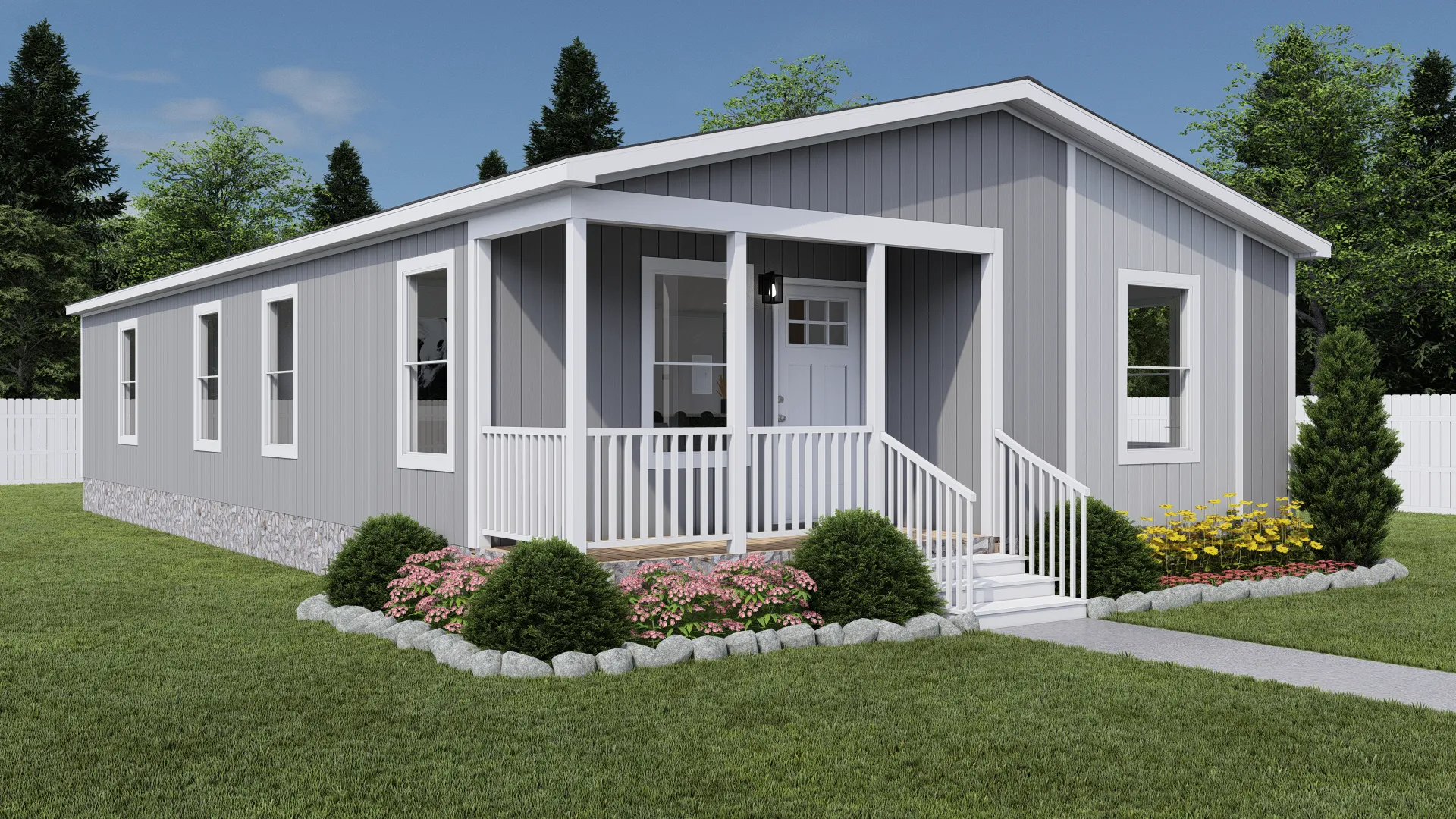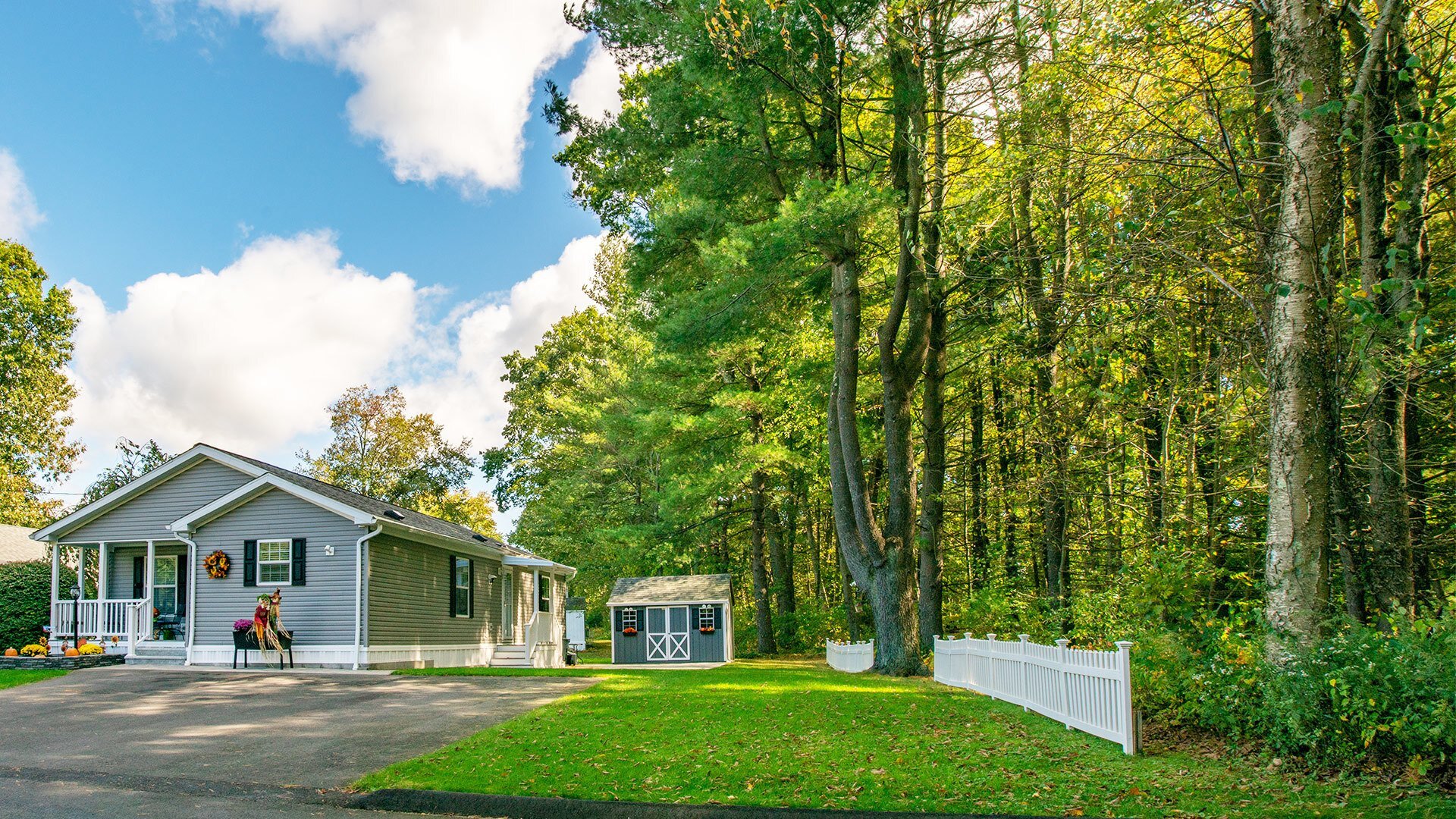
Mobile homes for sale, often misunderstood or overlooked, represent a dynamic and increasingly appealing segment of the housing market. They offer a unique blend of affordability, flexibility, and community living that stands apart from traditional stick-built homes. Far from the simplistic trailers of yesteryear, today’s manufactured homes are sophisticated, well-designed dwellings that can rival, and sometimes even surpass, conventional housing in terms of comfort, amenities, and aesthetic appeal. It’s a pathway to homeownership that caters to a diverse range of needs, from first-time buyers and retirees to those seeking a more adaptable lifestyle.
Decoding the Nuances of the Mobile Home Market
The market for mobile homes, also known as manufactured homes, operates with its own distinct rhythm and set of considerations. Unlike traditional real estate, where you typically purchase both the house and the land it sits on, with mobile homes, you often have two separate transactions: the purchase of the home itself and the lease or purchase of the land. This duality is a core characteristic that influences financing, appreciation, and overall affordability.
Globally, the manufactured housing sector is experiencing renewed interest, driven by factors like housing affordability crises in many developed nations and a growing appreciation for efficient, sustainable living. In Indonesia, for instance, while not as prevalent as in some Western countries, the concept of modular or prefabricated housing is gaining traction for specific applications, such as disaster relief or remote industrial sites, hinting at a potential for broader adoption if regulations and perceptions evolve. Understanding local zoning laws is paramount, as they dictate where manufactured homes can be placed, whether in dedicated communities or on private land. This market is less about sprawling land parcels and more about efficient use of space and smart community planning.
The Evolution of Manufactured Home Design and Quality
Gone are the days when “mobile home” conjured images of flimsy structures. Modern manufactured homes are built in climate-controlled factory environments, adhering to stringent quality control standards set by organizations like the U.S. Department of Housing and Urban Development (HUD) in America, or comparable national building codes elsewhere. This factory-based construction process often leads to superior structural integrity, as components are assembled with precision, avoiding the weather-related delays and inconsistencies often found in site-built construction.
Today’s designs boast diverse architectural styles, from contemporary minimalist to traditional farmhouse, offering a surprising range of customization options. Interiors feature high-quality

